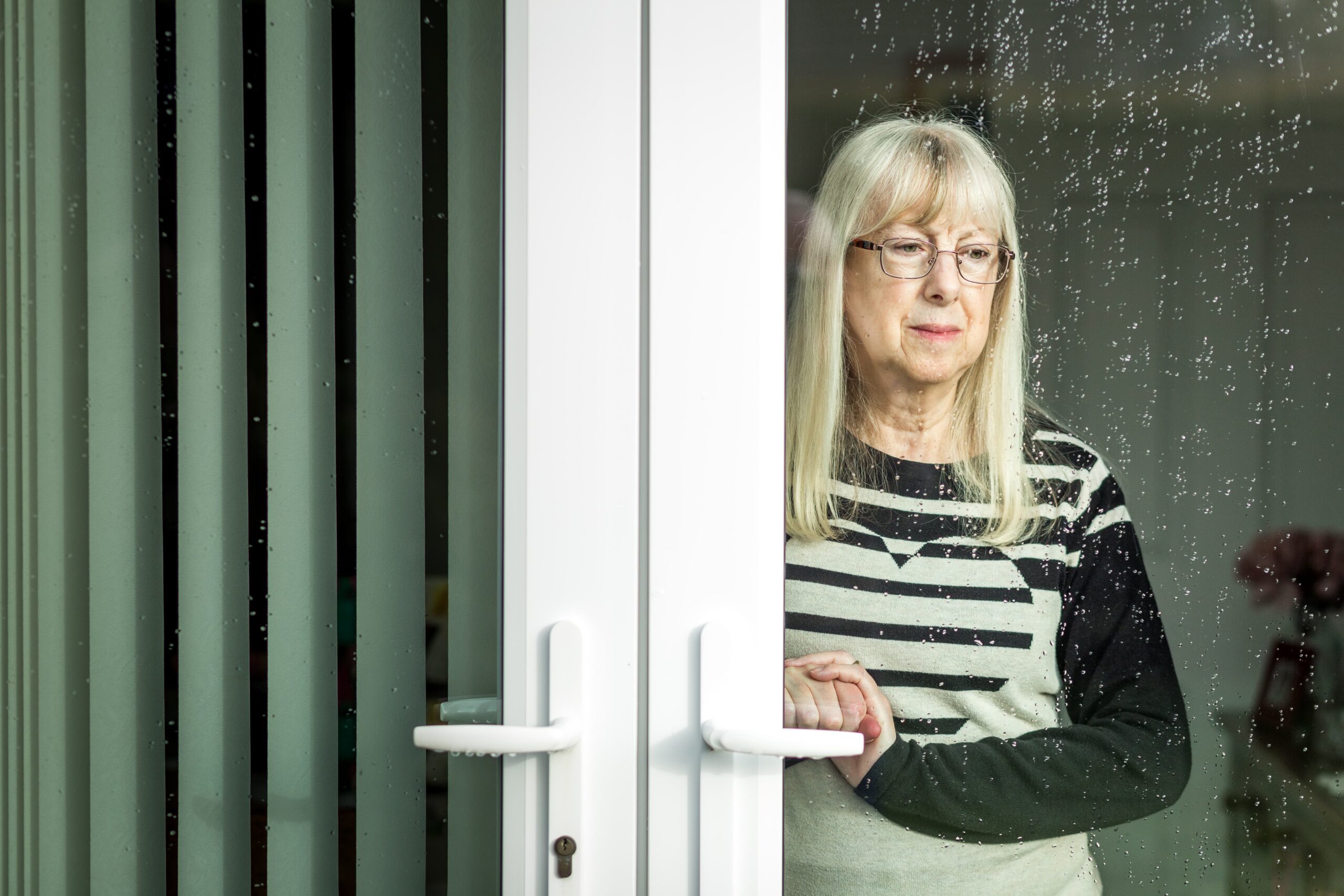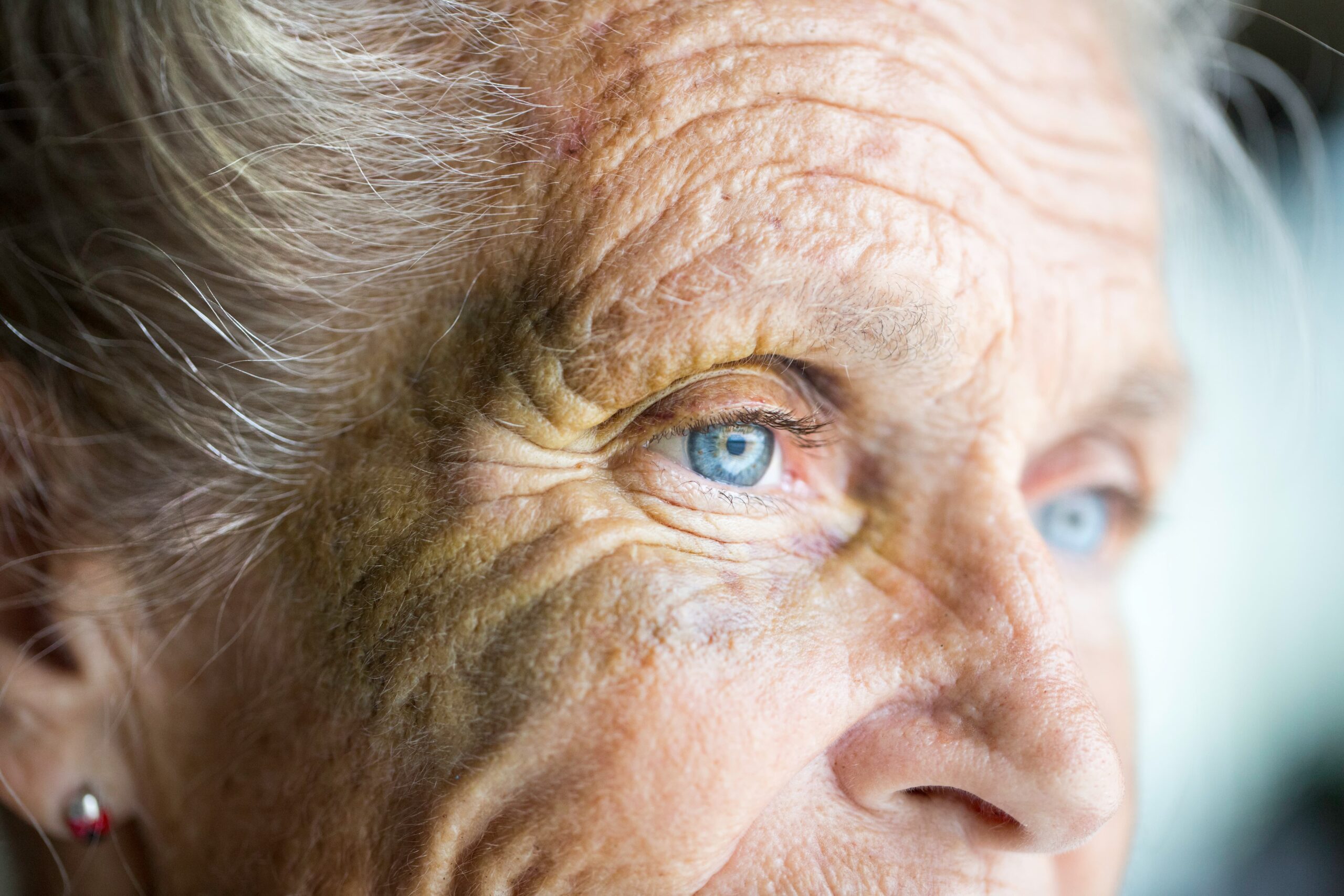Elder Abuse: Risk Factors and Prevention in Caregivers
Assuming the role of primary caregiver for an elder is a life-altering event. In many cases, the caregiver finds the experience deeply rewarding and fulfilling. However, the daily demands placed on the caregiver’s shoulders can lead to nearly debilitating levels of stress, particularly as the elder’s condition worsens with age and illness.
Sadly, in these increasingly stressful situations, abuse can easily occur in the home. To help prevent elder abuse, it’s important to be aware of the risk factors present in caregivers more likely to abuse in these situations.
According to studies researched by the National Center on Elder Abuse, perpetrators of elder abuse are more likely to be male, have a history of health problems or substance abuse, be socially isolated, and be experiencing major stress.
Other caregiver risk factors include the following:
- An inability to cope with stress. The deteriorating mental and physical state of the elder can cause additional stress to an already stress-inducing situation. An inability to cope with this stress can cause the caregiver to lash out in unhealthy ways.
- Depression. All too common among caregivers, depression can be caused by feeling trapped in the current caregiving situation with no way out and no way forward.
- Lack of support. In an ideal world, caregiving responsibilities would be shared among multiple people, but this isn’t often the case. Lack of support from those who could help with the caregiving responsibilities not only increases the load on the person actually doing the caregiving, but also can stir up feelings of resentment.
- The perception that caregiving is a burden. Whoever said attitude is everything might just have been on to something. Viewing caregiving only as a burden can contribute heavily to depression and resentment.
If you know of a caregiver who might be prone to some of the above risk factors, encourage them to seek help before an incident occurs and see what other ways you might be able to help reduce the stress of their situation. Always be watchful for any signs of elder abuse already occurring in the home.
If you are a caregiver, consider the following ways to prevent elder abuse from occurring in your situation:
- Request help from relatives or friends. A well-deserved break, even if only for a couple of hours at a time, can make an enormous difference for your mental health and outlook on life.
- Find an adult daycare program. Giving yourself space each day knowing that your ward is being well cared for can allow you to continue working outside the home or to build up other aspects of your life that have been neglected since assuming the role of caregiver.
- Take care of yourself. It’s important to stay healthy through proper diet and exercise and to receive medical care when you need it. Staying on top of your own well-being will allow you to better care for the elder and lead a healthier, happier life overall.
- Seek professional help for depression or any substance abuse. If you are having problems with depression, other forms of mental illness, drug abuse, or alcohol abuse, seek professional help as soon as possible.
- Join a caregiver support group. Remember that, no matter how much it may feel like it, you are not alone. Finding others in similar situations to your own creates a good opportunity to discuss problems that those outside of caregiving might not understand, and to feel support from those who have been there and done that.
If you or a loved one falls victim to elder abuse, the legal team at Bachus & Schanker is always ready to help. The personal injury lawyers here have years of experience with elder abuse cases and know just what to do to help you get your life back on track.
Sources:
https://ncea.acl.gov/About-Us/What-We-Do/Research/Statistics-and-Data.aspx
https://www.helpguide.org/articles/abuse/elder-abuse-and-neglect.htm
http://www.caregiveraction.org/resources/10-tips-family-caregivers






